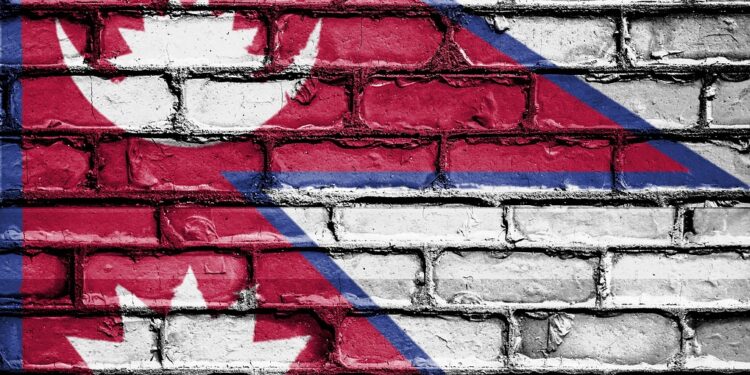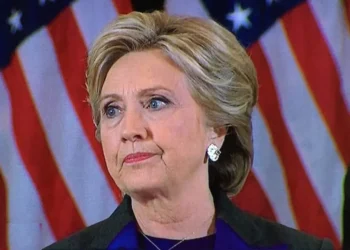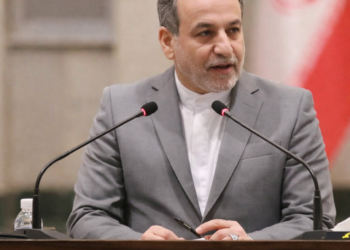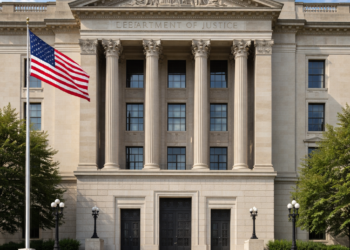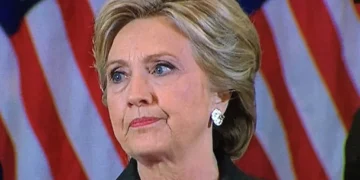By dissolving the parliament, the Nepalese President Poudel, has (with much controversy) sided with the people. The major parties appealing to reverse this decision is a selfish attempt to cling to a failed system, ignoring the reality that the very institution they want to restore was the source of the corruption and political gridlock that led to the protests in the first place.
The crisis in Nepal has exposed the wide gap between the political elite of the country and the general public. The country’s major parties: the Nepali Congress, CPN-UML, and the Maoist Centre have a long and complex history of infighting and power-sharing that has consistently prioritized their own interests over the needs of the people.
This established system has left many Nepalis, especially the youth, feeling disenfranchised. When the protests, (originally caused by a social media ban) grew into a full-blown movement against systemic corruption, the major parties were caught off guard.
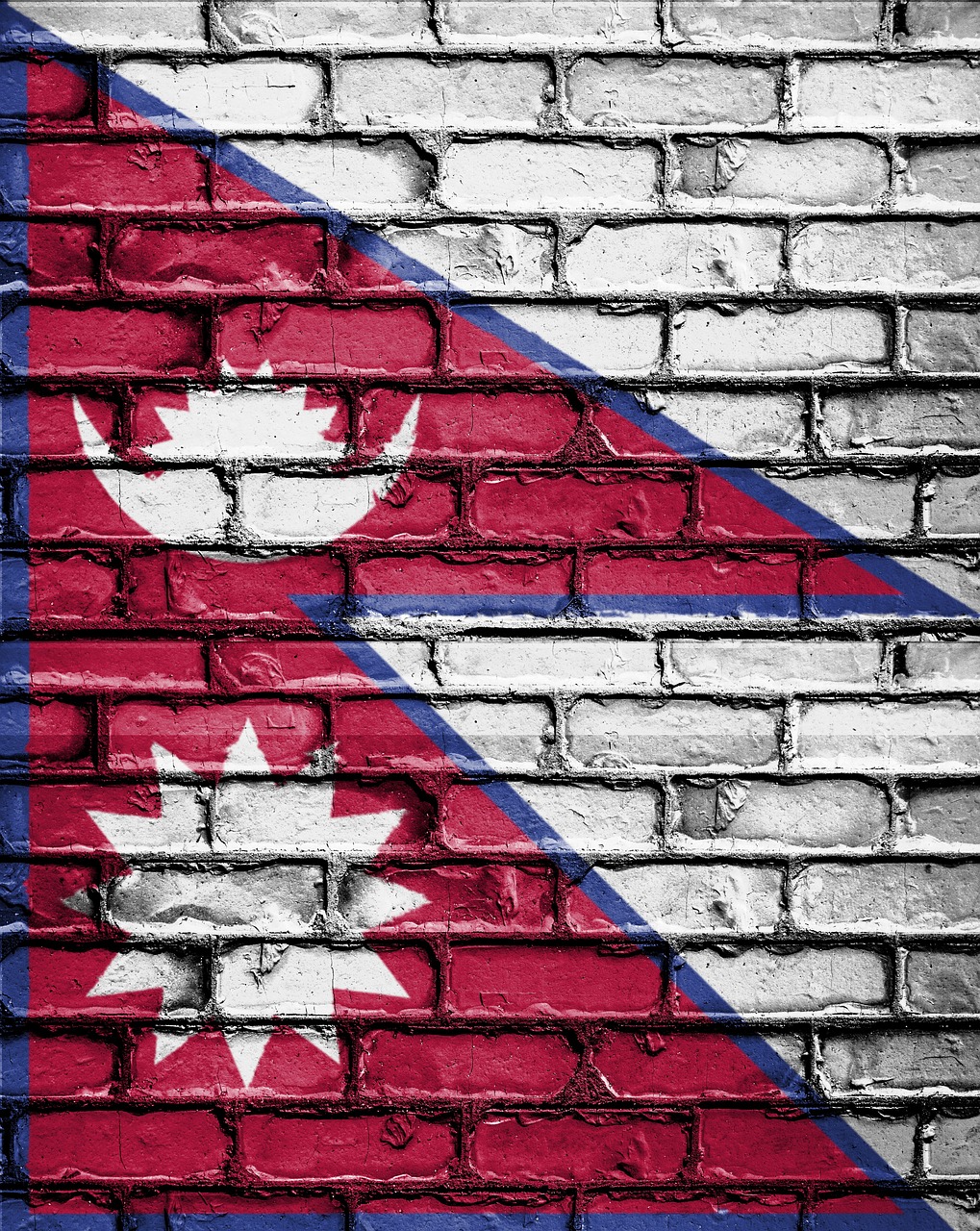
Now, by demanding the parliament’s reinstatement, they are proving the protesters’ point: that they are out of touch and more concerned with political power games than with listening to the voices of a new generation.
The unfortunate demise of over 50 people thus, became the inevitable result of a government that chose to suppress dissent rather than address the legitimate grievances of its people.
What Happens Now?
To reinstate the parliament at this juncture would be a disastrous mistake, because it effectively invalidates the sacrifices made by the protesters. The solution is not to go back to the way things were, but to build something new.
The appointment of an interim Prime Minister, Sushila Karki, a former Chief Justice, is a welcome first step that but to truly address the crisis, Nepal must focus on fundamental institutional reform.
First and foremost, the new interim government must commit to a transparent and expedited electoral process that gives new political parties and independent candidates a real chance to compete. The country has a chance to have a fresh start with new political blood.
Additionally, the government must establish an independent anti-corruption commission with the power to investigate and prosecute officials from all political parties, past and present, without fear or suppression.
Last but not t he least, the government must open a genuine dialogue with the youth leaders of the Gen Z protest movement to consolidate their demands for accountability and good governance into the plans of the new administration.

